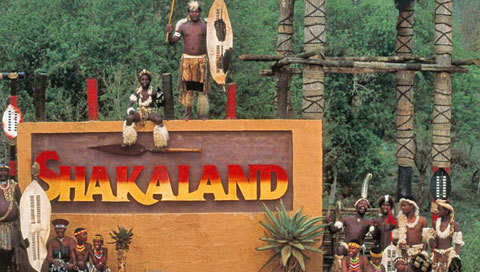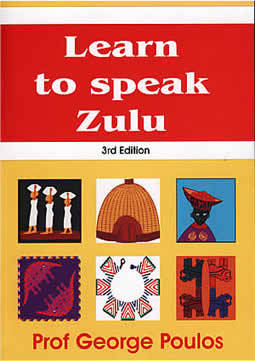Learning how to speak isiZulu Fast!

From childhood, I was encouraged to always be willing to learn as much as I can. For some, learning new things is an option, but for most people in Africa, learning is a necessary skill for survival, connectivity and earned success. Learning and education are themes I grew up around. The opportunity to learn different languages and dialects allowed for such an exciting childhood because I was able to connect with many friends and their families from various tribe, nations and cultures.
For this week’s learning exercise based on Josh Kaufman’s book The First 20hours: How to learn Anything Fast, I was initially going to strengthen my Arabic language skills, but another idea came to mind.
Since I have the opportunity to learn something new in over 20hours, I thought it wise to learn one of the official languages spoken in South Africa. When I was twelve years old, I was introduced to the history of the Zulu kingdom led by a warrior King Shaka. Since then, I have also been fascinated by the Zulu dynasty’s origin. That is partly why I chose to learn isiZulu but also because my family’s genealogy is from the Bantu ethnicity from which the Zulu tribe among many other tribe can be traced.

Additionally, isiZulu is timely to learn since I will be travelling to South African in September. Some of my friends who are familiar with life and the languages spoken in South Africa, have mentioned that Arabic may come in handy at certain points but I have chosen isiZulu for now.
Zulu the most common language in South Africa, spoken by nearly “23% of the total population, or 11.6-million people. It’s the language of South Africa’s largest ethnic group, the Zulu people, who take their name from the chief who founded the royal line in the 16th century.” [1]
The ability to grasp the basics of a language takes time. Kaufman correctly states, “There are so much I want to do… and so little time. The story of modern life.”[2] But I am grateful that my upbringing in East Africa which allowed me to learn more than one Bantu and ethnic language which ability continues to propel me forward. With affirmation Werner writes:
It is not often that a speaker of one Bantu language can understand another without previously learning it; but most natives pick up each other’s speech with surprising quickness. An East African who has traveled any considerable distance from his home will probably speak three or four dialects with ease”[3]
Since I speak more than one Bantu language, I was motivated to combine my Bantu language acquisition skills and Kaufman’s “rapid skill acquisition” tactics to learn isiZulu. I found Kaufman’s book intriguing because it seeks to show that accelerated learning is possible without the Malcolm Gladwell’ “… ’10,000 hour rule.’”[4] During the twenty hour learning journey, I applied the four major steps of rapid skill acquisition namely:
Deconstructing a skill into the smallest possible subskills; learning enough about each subskill to be able to practice intelligently and self-correct during practice; removing physical mental, and emotional barriers that get in the way of practice; practicing the most important subskills for at least twenty hours.”[5]

I happy to announce that I can speak some Zulu! For example,
Zulu English
Sawubona unjani? How are you?
Ngiyaphila I’m fine
Igama lami ngingu My name is …
Sala Kahle Stay well (goodbye)
Admittedly, I cannot speak isiZulu fluently YET, but the feeling I have after the twenty hours of learning, is more like when I finally thought to myself “I see how this DMIN program works”! I will match on with Kafman’s advice:
Raid skill acquisition is not rocket science. You simply decide what to practice, figure out the best way to practice, make time to practice, then practice until you reach your target level of performance. There’s no magic to it- just smart, strategic effort invested in something you care about. With a little preparation, you’ll acquire new skills rapidly, with less effort.[6]
[1] http://www.southafrica.info/about/people/language.htm#.U3ftX_ldVK0
[2] Josh Kaufman, The First 20 Hours: How to Learn Anything Fast (London, UK: Penguin Books, 2013), ix.
[3] Alica Werner, Myths and Legends of the Bantu. (London: Cass, 1968),54.
[4] Ibid., 3.
[5] Ibid., 5.
[6] Ibid., 6.
Leave a Reply
You must be logged in to post a comment.